10 profit-making small businesses you can start from home with Rs 20k investment
With working from home becoming the ‘new normal’, SMBStory has listed out 10 profit-making business ideas that can be started from home with minimum investment and no professional education.
The COVID-19 pandemic has disrupted people’s lives across the globe and starting a new business in this time of crisis may seem inappropriate to many. However, we only have to turn the pages of history to see that many companies like General Motors, IBM, Disney, HP, and others started after the Wall Street crash of 1929 and the following Great Depression.
During the global pandemic, when digitisation is in the upswing and people prefer working from home, there are many traditional profit-making businesses that do not require any professional education and can be started on the back of the COVID-19 crisis.
These businesses are not capital intensive and neither require huge tech investment, but skills and determination to operate in an effective manner.
SMBStory has listed out 10 profit-making small business ideas that you can start from home, with an investment as low as Rs 20,000.
Home bakery

Source: Pixabay
There’s a saying that baking is done out of love. If you have a passion to match the right ingredients and flavour to bring out the best-baked dish, setting up a home bakery would be an ideal choice.
According to FIglobal report, the growth of the Indian bakery industry is positive, with the projected market value likely to exceed $12 billion by 2024, expanding at a CARG of 9.3 percent during 2019 to 2024.
The popularity of home bakers have been on the rise for a while now and the industry is growing rapidly in the time of pandemic when staying at home has become a norm.
The home bakery can be set up with a minimum investment of Rs 15,000-20,000 (provided you have an oven) where you would need raw materials including ingredients, baking dishes, mixers, whiskers, tins, pans etc, depending on the type of setup you plan to create.
You can start the business on a small scale by baking cakes, pastries, chocolates, patty, and more on order in a takeaway or doorstep delivery service.
Gift basket

Source: Pixabay
Be it the season of festivities, weddings, ceremonies, or even a small get together, gifting is a part of every culture and thus, a profitable business. With changing lifestyle and enough disposable income, people like to greet their near ones in a customised, easy-to-carry, and premium gift baskets.
The gift basket business doesn’t require a huge investment but a lot of creativity and a handful of design items. You can start this business with a capital between Rs 10,000-Rs 20,000 and can attract clients by setting shop on social platforms, online platforms, and through word-of-mouth.
Handicrafts
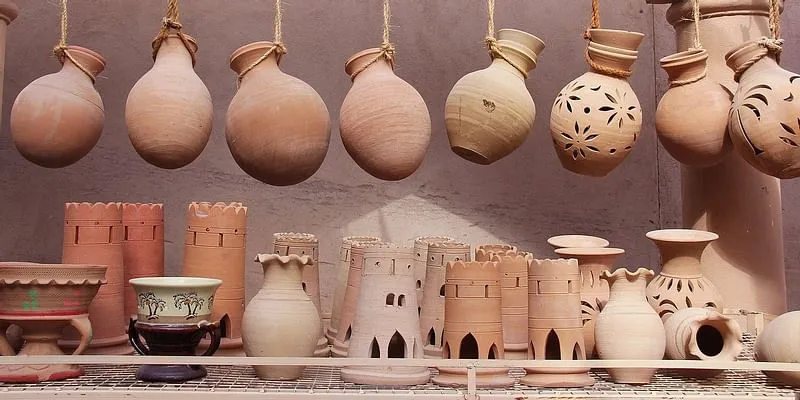
Source: Pixabay
From having torans to pottery, home decor items, wall hangings, glass handicrafts, and whatnot, India is a vast market for handicraft products and you can start a small handicrafts business from home with investment as low as Rs 20,000. All you need to do is plan a craft theme around your passion, collect raw materials, and start creating.
You can build your clients through social media platforms, word-of-mouth, and by setting up online stores.
Personalised gifts

Source: Pixabay
Starting up in a personalised gifting business is also a profitable idea with the growing popularity of adding a personal touch. The personalised gifting market is highly competitive and you need to plan the business well to stand out.
The biggest advantage is that you can select your niche or introduce an altogether new experience for customers by offering something unique and touching to match their sentiments.
To kickstart, you need a capital between Rs 10,000-20,000 for the purchase of raw materials.
Artificial jewellery
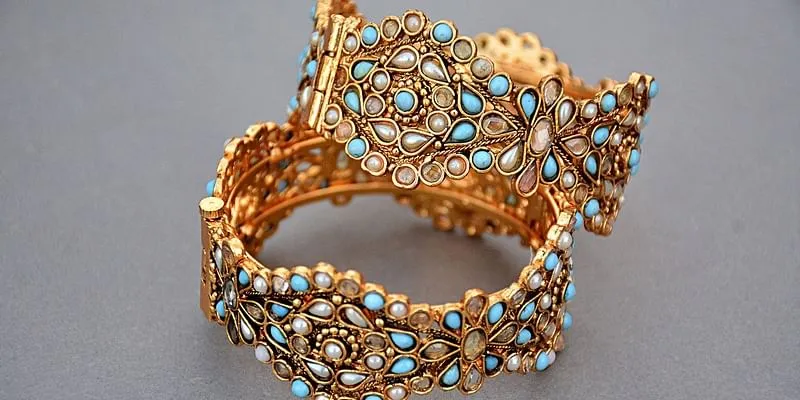
Source: Pixabay
Jewellery is the exclamation point of a woman’s outfit. Anywhere you go, you would find jewellery in various designs to match the beauty of the wearer and so, the industry has a huge potential to have players of all scale — from the organised to the unorganised.
The types of jewellery vary depending on the region. While West Bengal boasts of Kalamkari design, you will find that temple jewellery is more prominent in south India, and Kundan jewellery in Rajasthan and Gujarat — among beaded, handmade, vintage, and other forms of jewellery designs. With easy trading, you can find every design across the length and breadth of the country and you can set up the business of reselling jewellery through sourcing, investing amount between Rs 15,000-20,000 on small scale.
The marcglocal report says that the imitation jewellery market in India is estimated to reach Rs 656.2 billion by the end of 2022 due to the rising demand.
Masks
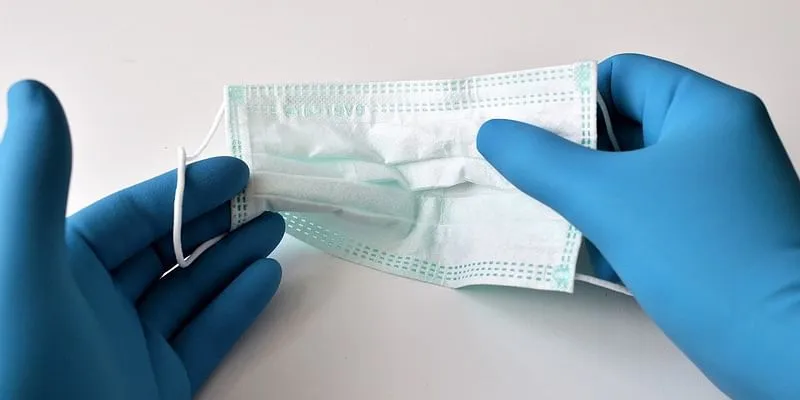
Source: Pixabay
The coronavirus pandemic has spurred the demand for face masks, which were even stocked out in the initial months of the lockdown. To cater to the rising demand, Indian business entrepreneurs pivoted their business operations to produce face masks. The new players too entered the market and served the growing demand tremendously.
To see, since March 2020, the market is now flooded with face mask manufacturers and the marjet is still growing. You can also set up a business of dealing into face mask that require a capital of between Rs 10,000-Rs 20,000.
According to the report published by Allied Market Research, the India surgical masks market generated $71.73 million in 2019, and is estimated to garner $157.13 million by 2027, witnessing a CAGR of 10.3 percent from 2020 to 2027.
Candles/decorative lights

Source: Pixabay
The candles and decorative lights in the house add to the indoor oomph factor . These low-cost and high-demand products stay in the market all year round, and has a good business potential.
You can start small by initially dealing into handmade candles that you can also make at home. You can source candles and decorative lights from factories as well to resell under your label. You require a minimum investment of Rs 10,000 to start a candles/decorative lights business.
Papad
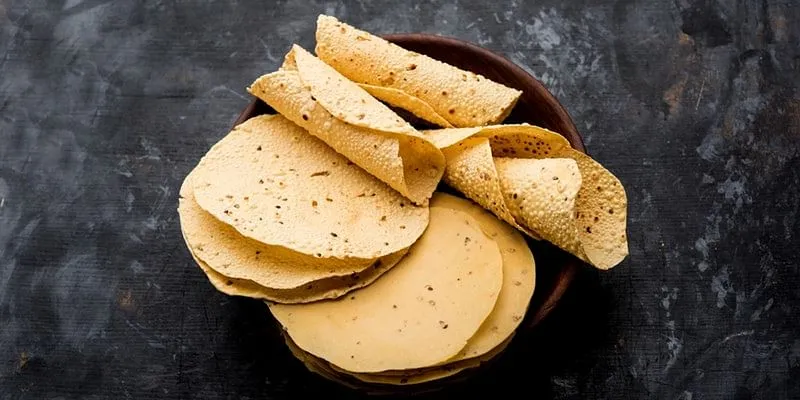
The thin, crispy papad is a common accompaniment with meals across India, which indicates that the demand is unending. The manufacturing process is relatively simple once basic ingredients such as wheat flour, spices, and oil are sourced. However, this would imply a higher investment cost.
If you want to start a reselling business in papad, you can invest Rs 5,000-10,000 to sell in retail stores or through ecommerce. The profit margin is relatively competitive in the industry, depending on the variety of papad you’d want to deal in.
Pickle
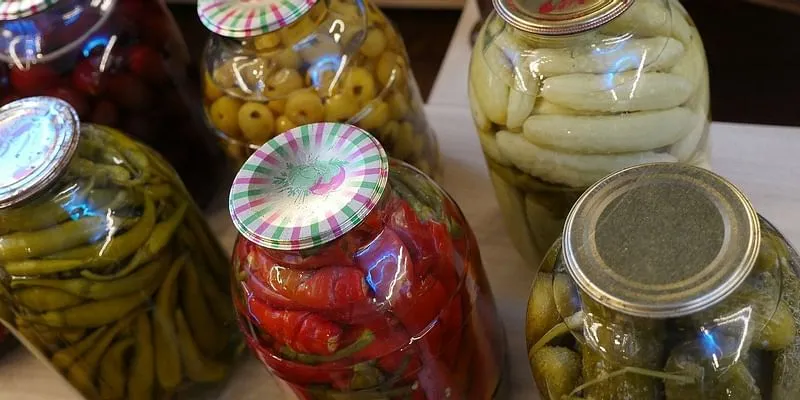
Source: Pixabay
You will find the scrumptious pickles occupying kitchen shelves in every household. This traditional food item is very popular and is a common accompaniment with meals, not only in India but globally.
The small-scale pickle business can be started at home with a minimum investment of Rs 10,000-15,000 by sourcing the right quality ingredients.
Organic soaps
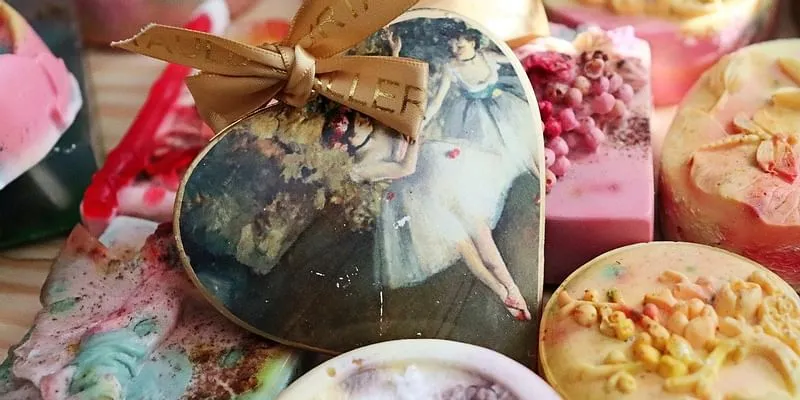
Source: Pixabay
A high-demand product, which is used daily by millions, the organic soap industry has a huge potential if you plan to venture into this segment. The business is easy to start on a small scale, with a minimum investment of Rs 10,000-15,000 where you’d be required to source the soaps for reselling, giving your brand name, provided the OEM has all the necessary certifications and registrations required to sell consumer goods.
The price points in the beauty and skincare industry are highly competitive and you can play around by introducing affordable skincare regime to the customers.
The organic soap industry has been getting popular in the recent years with people becoming more health-conscious and shifting demands to chemical-free products.
Edited by Kanishk Singh












